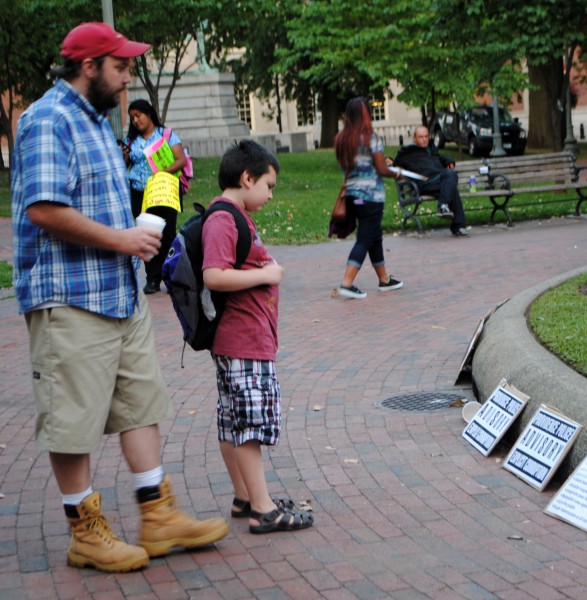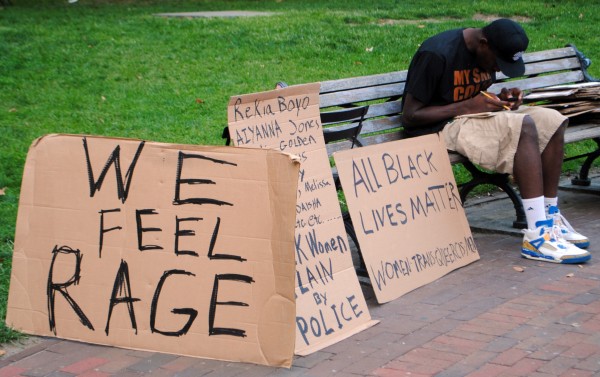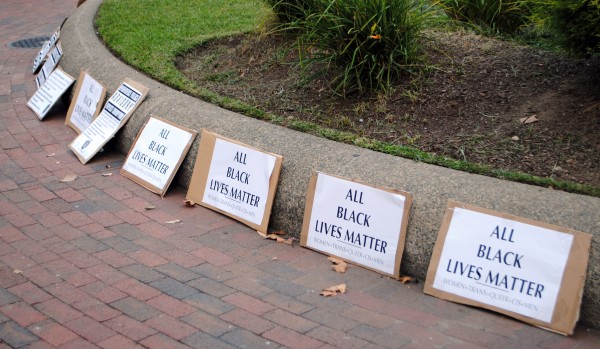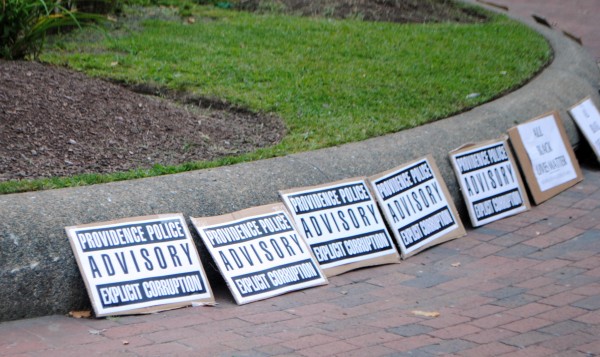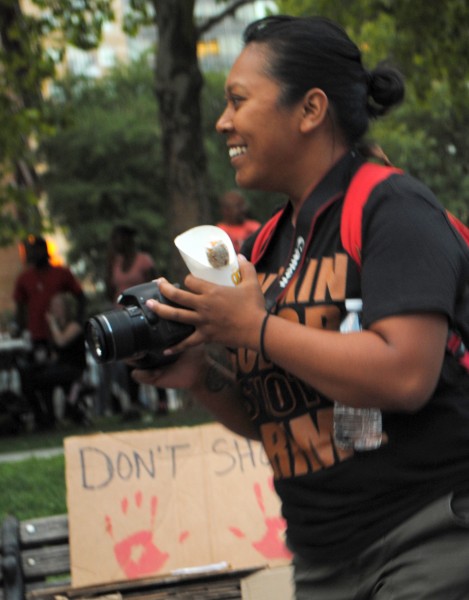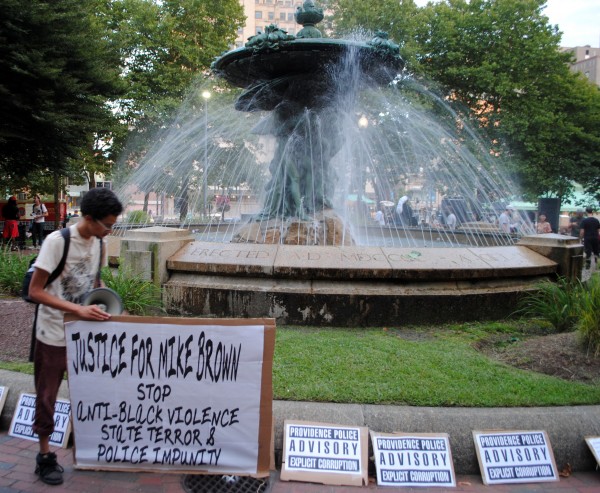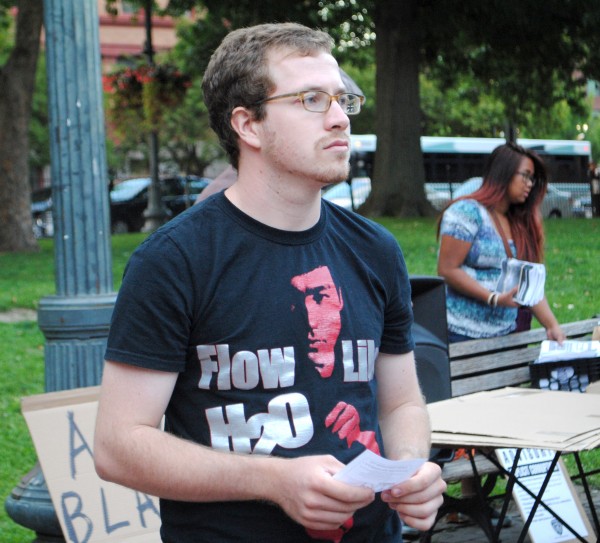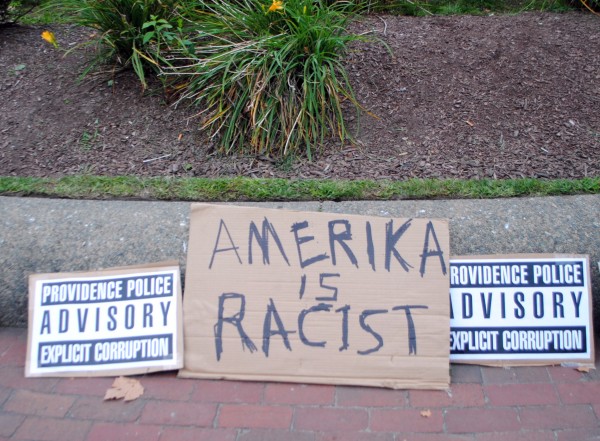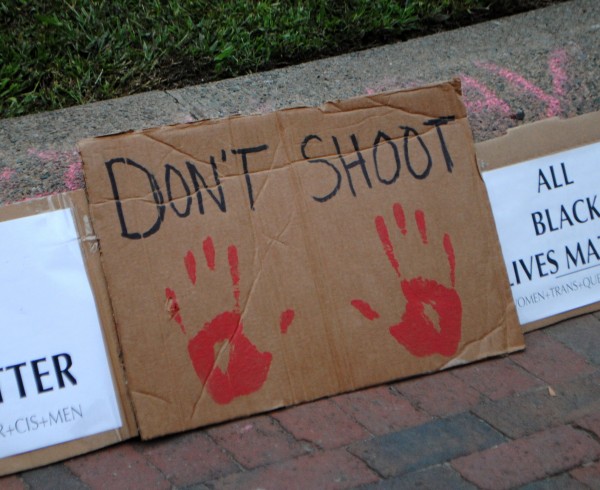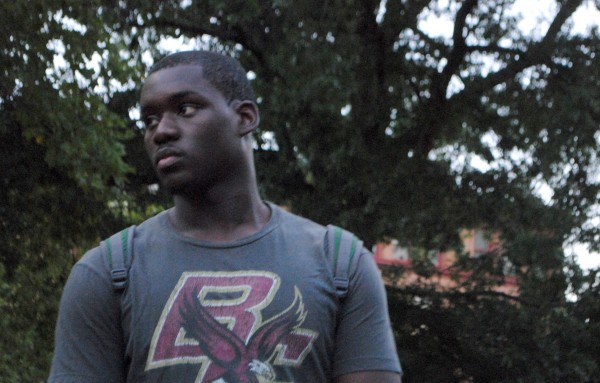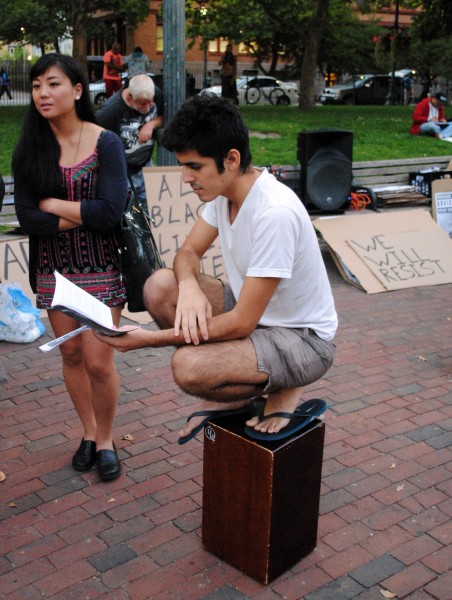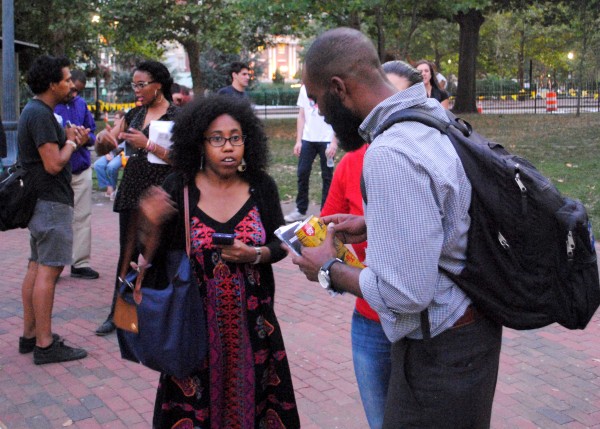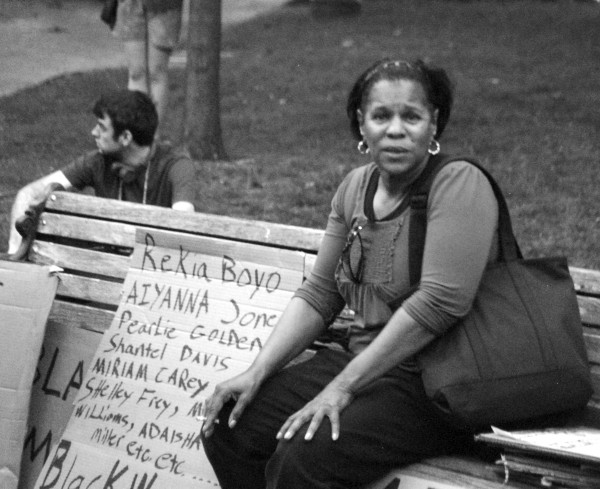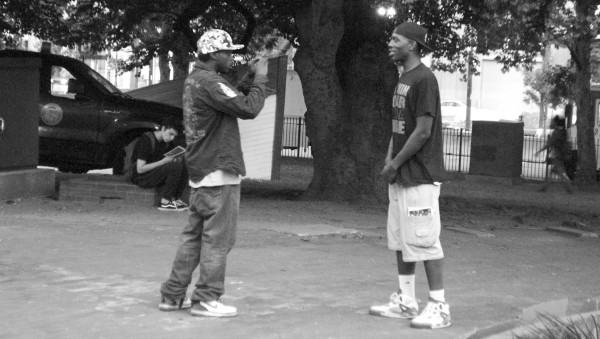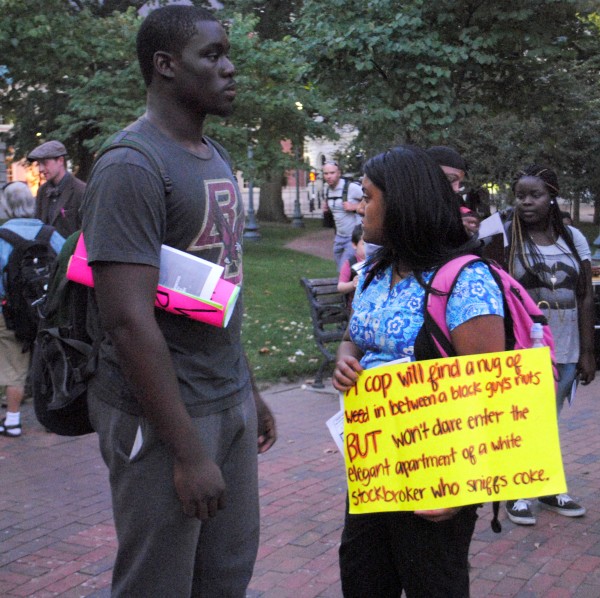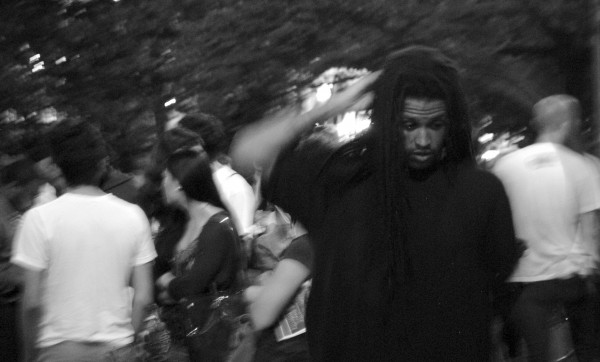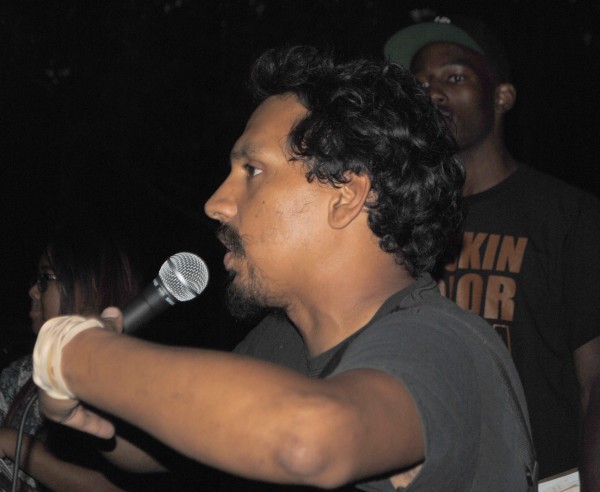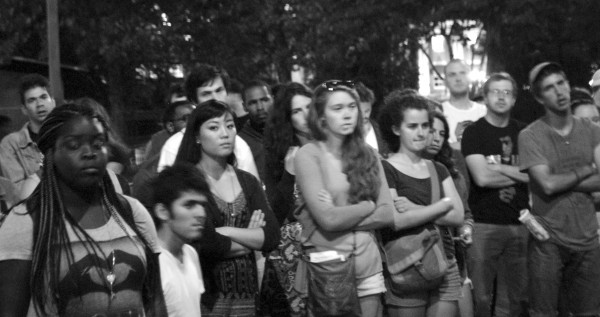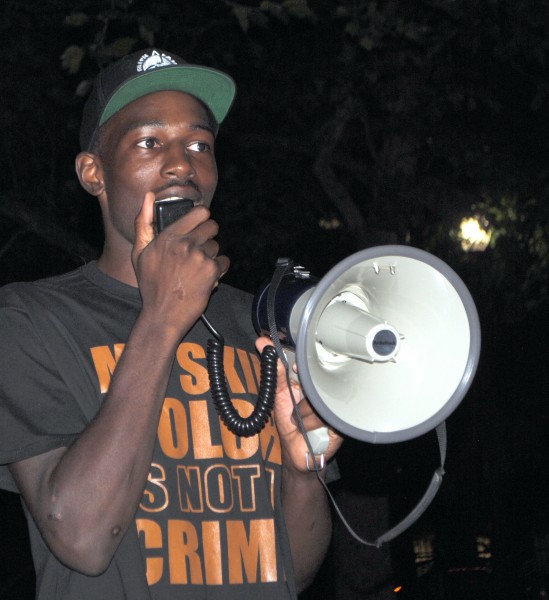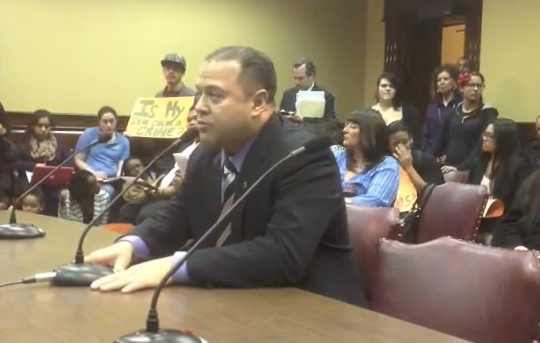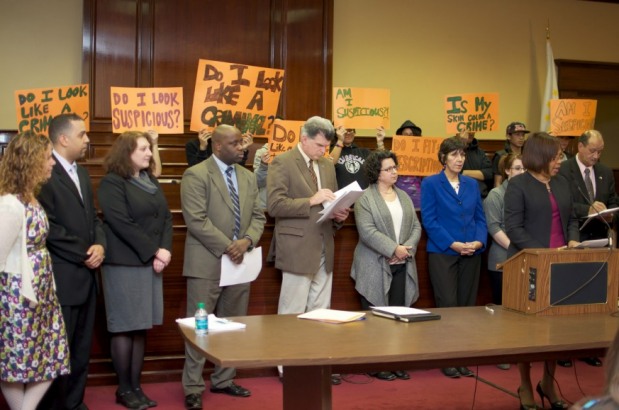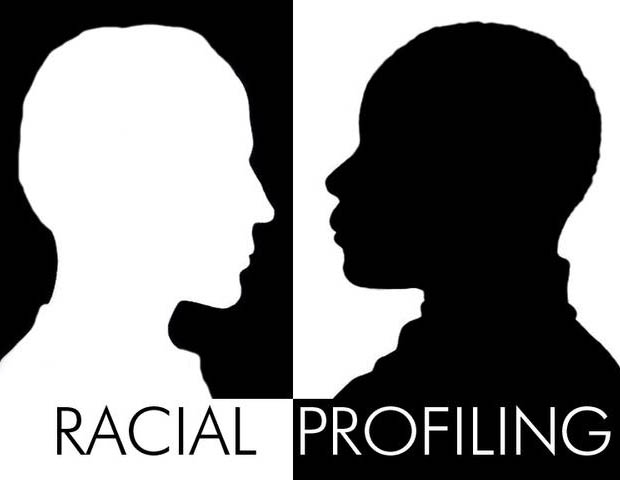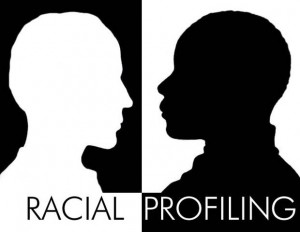The room didn’t seem quite large enough for all the supporters that came out to watch Governor Gina Raimondo sign the Comprehensive Community-Police Relationship Act into law on Tuesday. The Act, a collaboration between legislators, law enforcement, and community members, seeks to analyze data that officers collect, as well as further protect juveniles and pedestrians.
“I speak as a governor and as a mother of two small children,” Raimondo said, “and I think we’ve all been troubled by the recent headlines all around this country about law enforcement.”

The governor added that this is a significant step in addressing a much larger problem, but said that she believes this will help keep communities safer, and make law enforcement more effective.
“Although this is an important piece of legislation, and one that is going to deliver real results, you all know this one bill isn’t enough. We must be actively engaged in our communities, and be committed to keeping our families and communities safe,” she said.
Representative Joseph Almeida (D- District 12), the main sponsor for the House version of the bill, said that it is a product of working for, and with, the people.
“You have two choices when you get elected,” he said. “You can be a politician and tell people what they want to hear, or you can be a legislator and tell them the truth. And that’s what we’re doing here.”
Senator Harold Metts (D- District 6), who was the Senate sponsor, spoke on how the bill will allow Rhode Island communities to heal with one another, and promote togetherness between communities and police officers.
“We were challenged to take our heads out of the desert sands of denial, and drink from the wells of equality, justice, and brotherhood,” he said. “Instead of having separation, and having the parties be polarized, they decided to work together. Instead of separation, we had collaboration.”
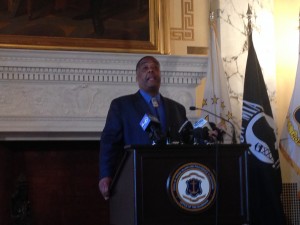
The act requires that law enforcement officers include in the ethnicity of the driver stopped, the reason, whether or not there was a search, and whether or not there was contraband taken from the vehicle in their traffic stop reports. It also prohibits officers from subjecting juveniles or pedestrians to a search without probable cause, and requires them to notify a driver why they are being stopped.
Colonel Steven O’Donnell, the superintendent of the Rhode Island State Police, said that the practices laid out in the Act are already happening.
“Almost all the information in that bill is something that State Police already do by policy. We’ve been doing it for years, so it didn’t take much to sit down with the community, and most of them we know very, very well,” he said. O’Donnell also gave credit to the House and Senate for being open minded about the subject of policing, particularly Senator Metts, who took part in the State Police Training Academy several years ago.
“Better training, better understanding, and better communication is really why that bill passed,” he said. “Everybody sitting down, some people losing some of their egos on both ends of the table, and coming to an agreement.”
Over the next 48 months, data will be collected from every traffic stop to determine whether or not there are racial disparities in Rhode Island’s policing system. Governor Raimondo said this data would be used to make informed decisions concerning the system.
“I think it’s clear there’s more that has to be done in Rhode Island and all around the country. You can’t look at what happened in Ferguson and South Carolina and think we’re doing enough, so what this bill says is that we’re committed to making changes based on facts, and making sure that our streets are as safe as possible, and that we’re protecting everybody’s civil rights in the process,” she said.

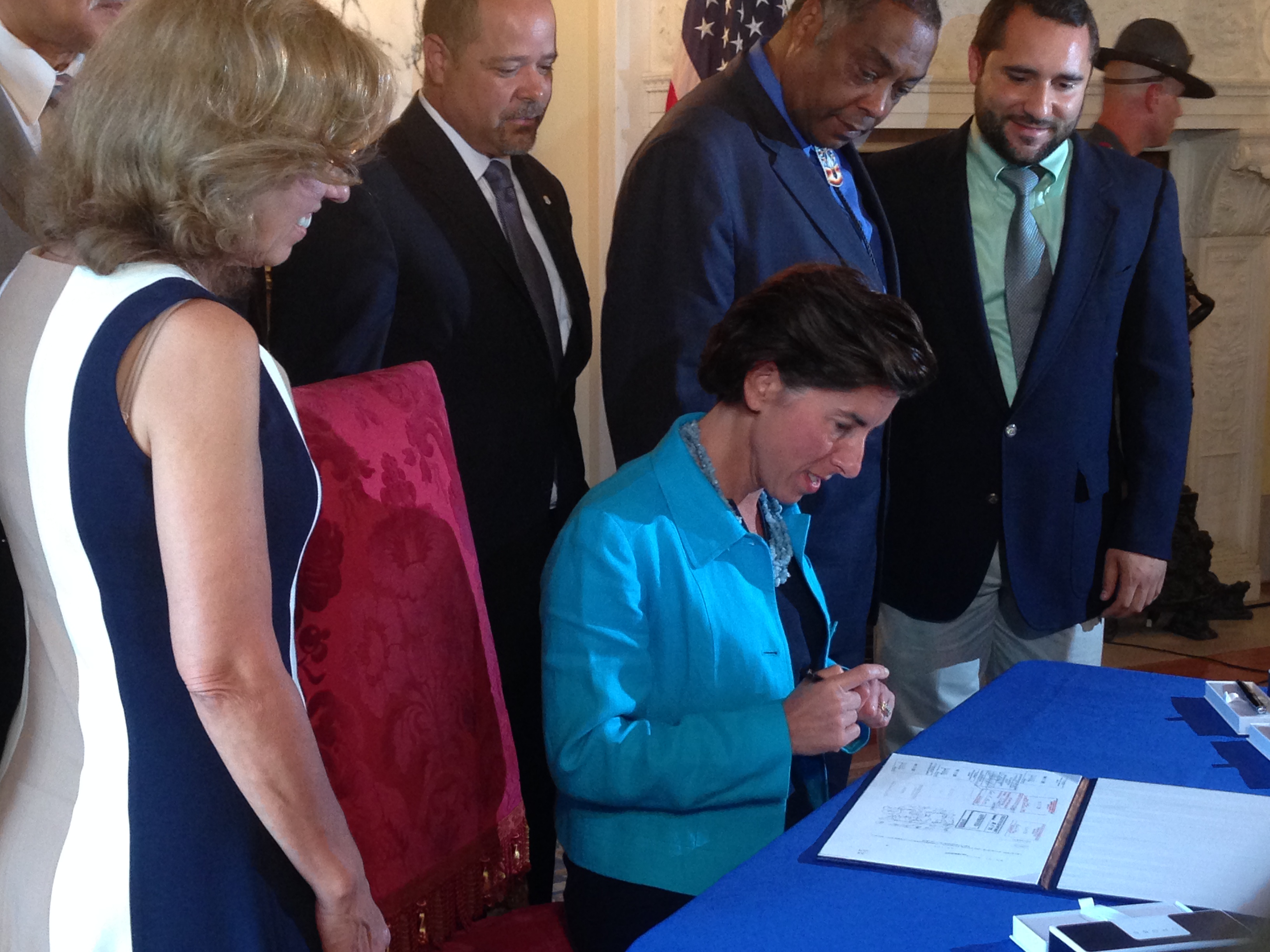

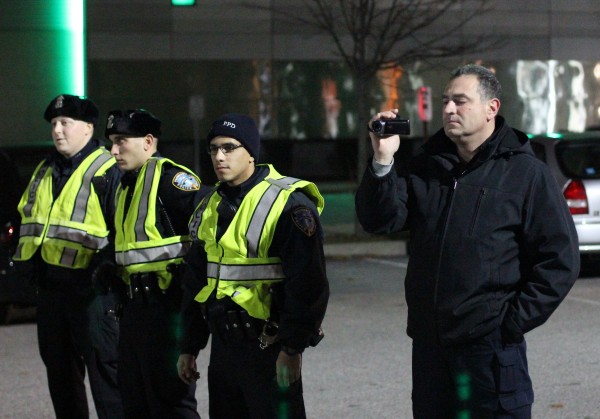
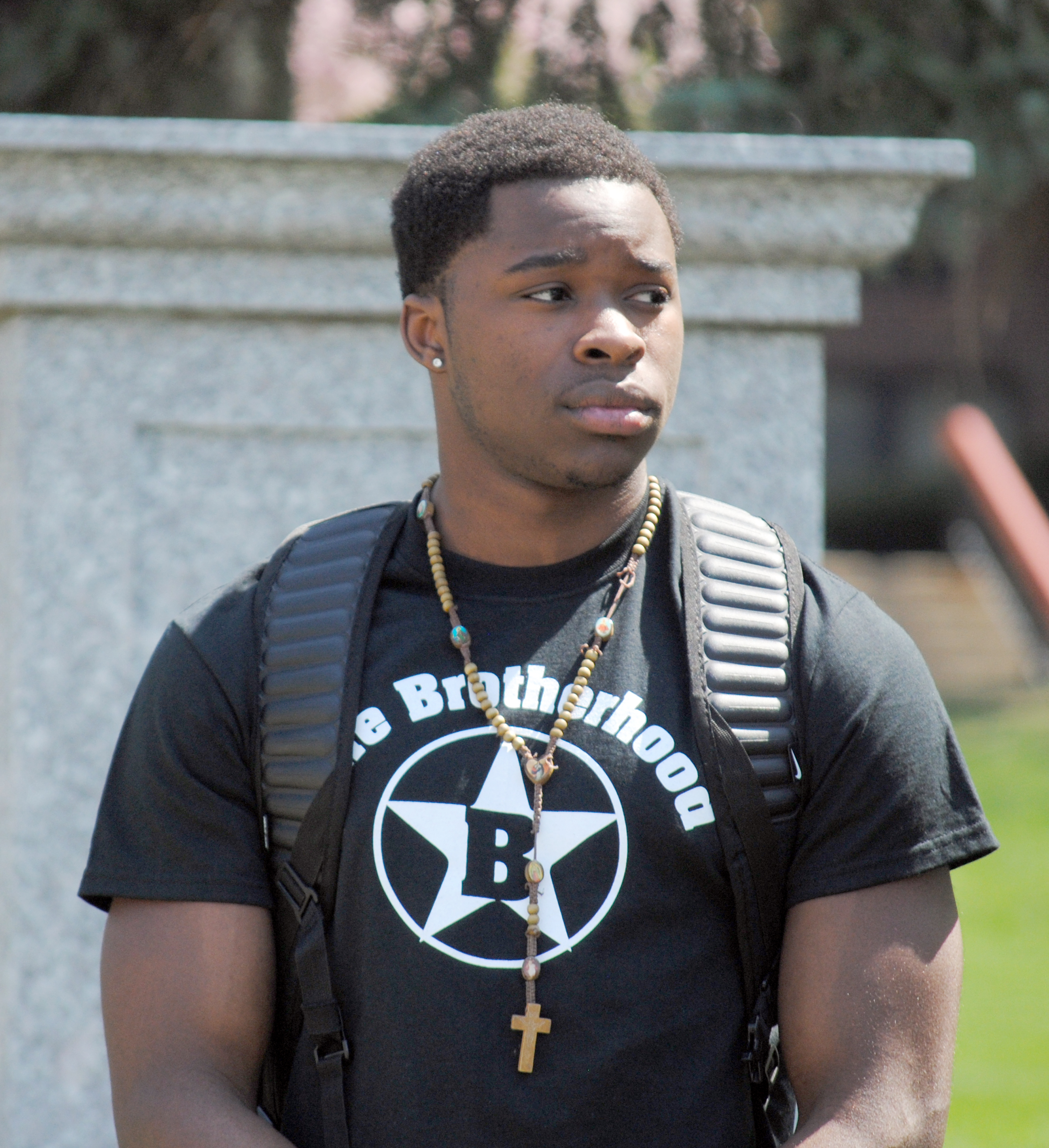
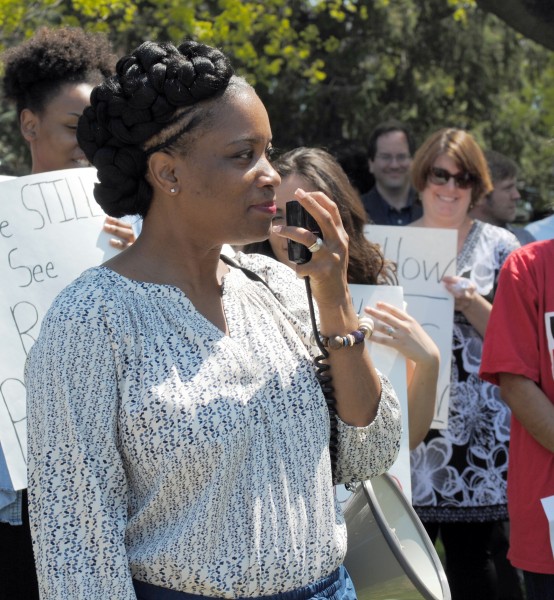

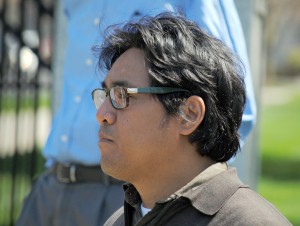
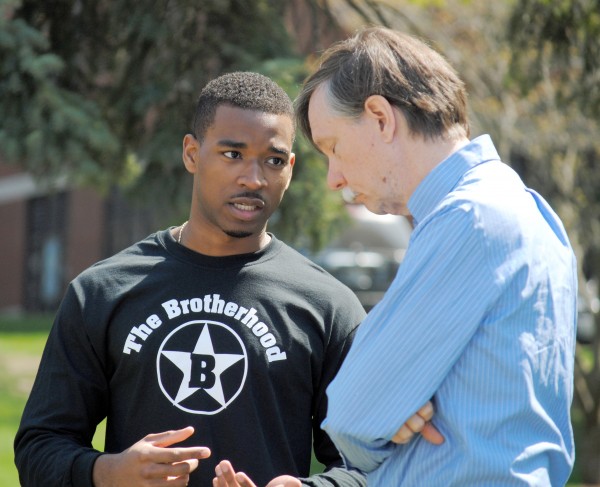

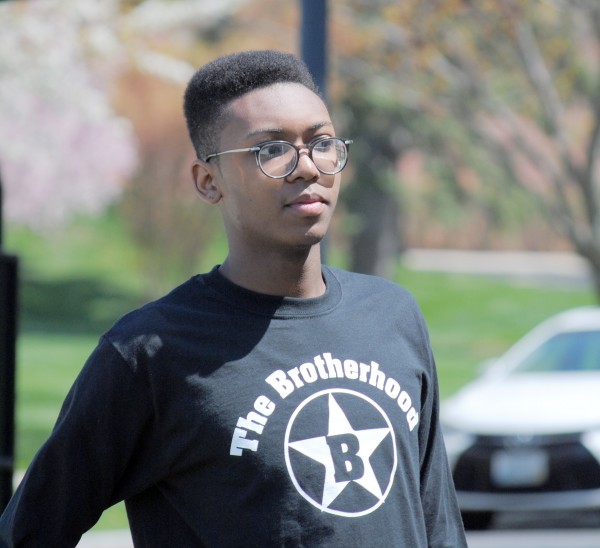


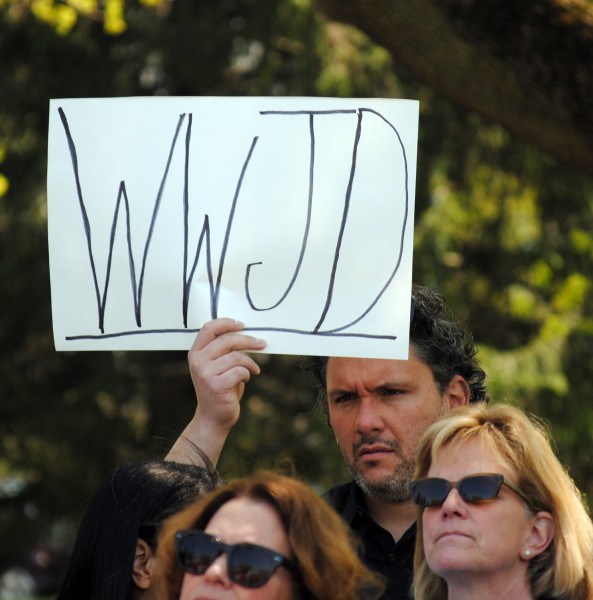
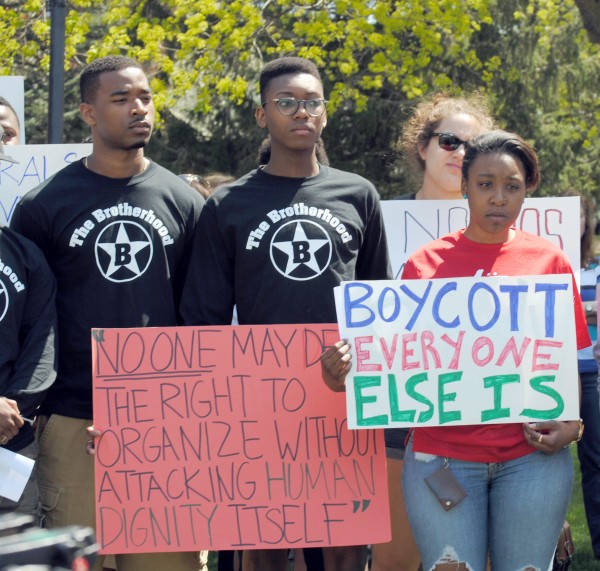
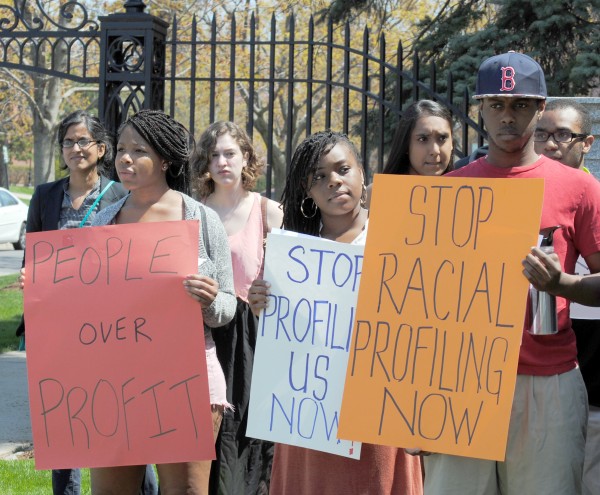
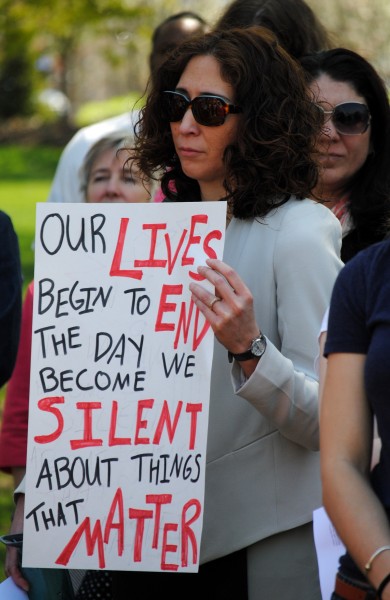
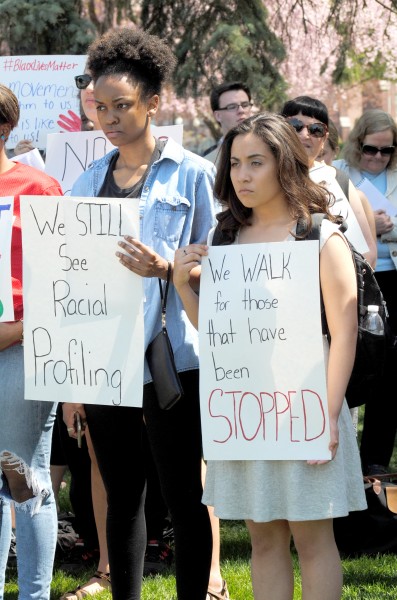

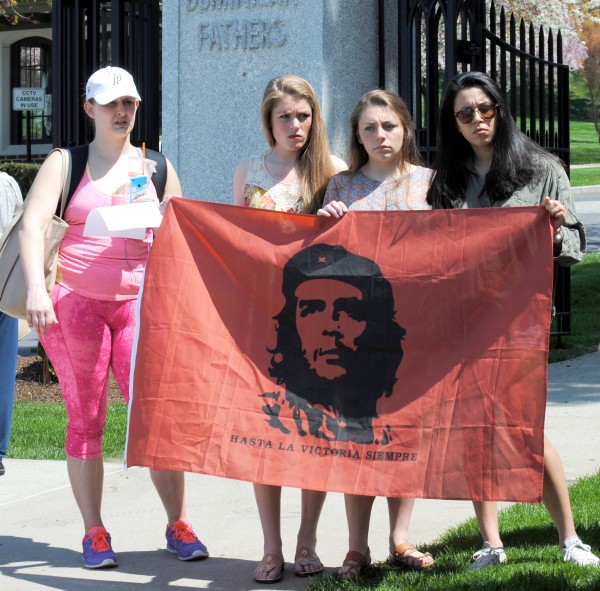




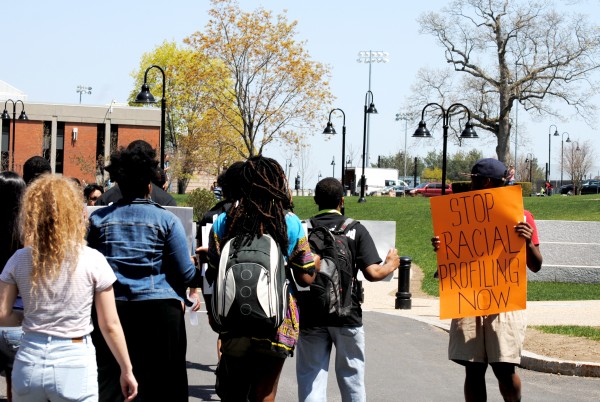
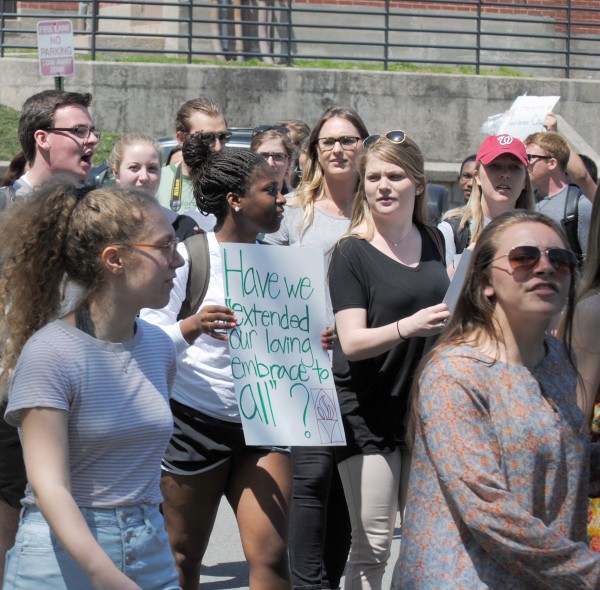
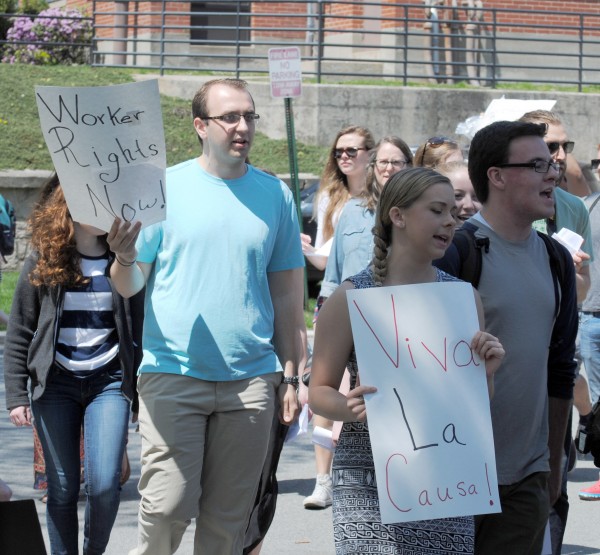
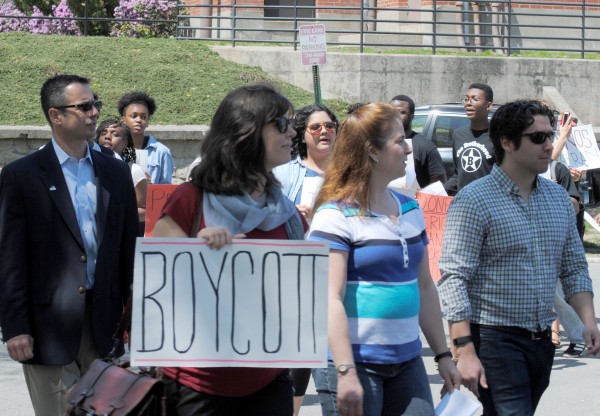
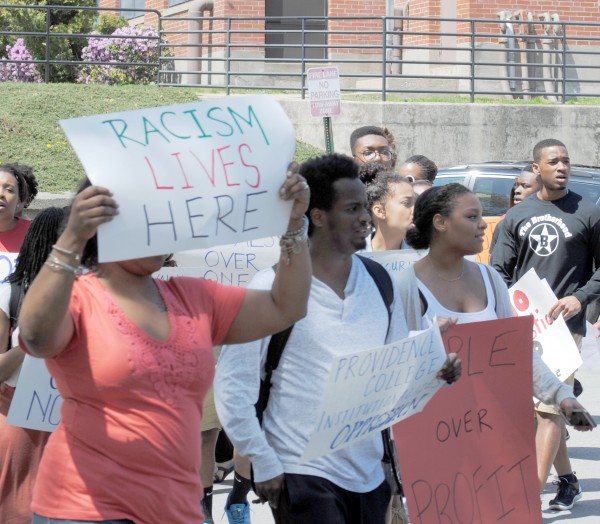
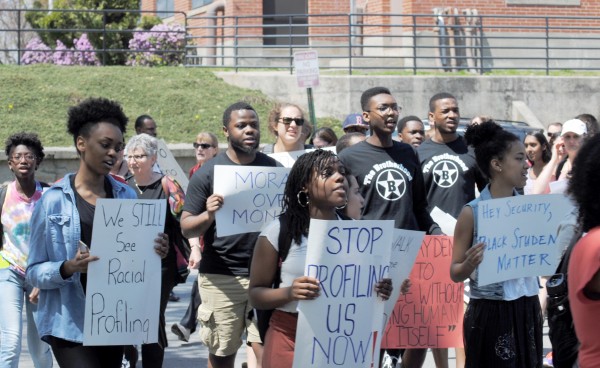
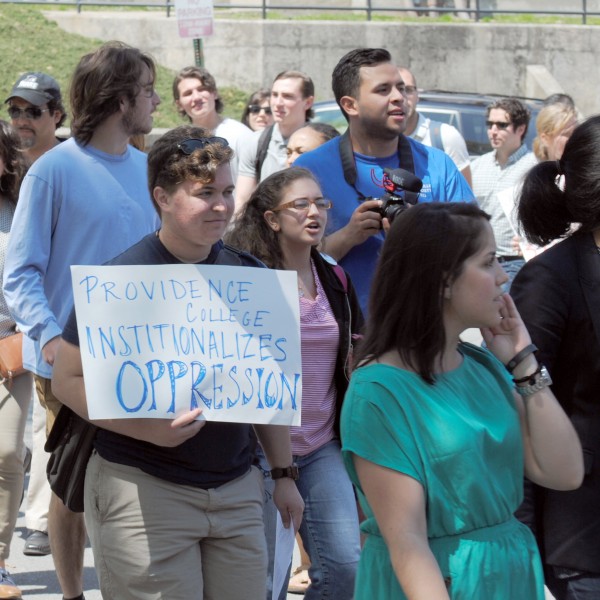
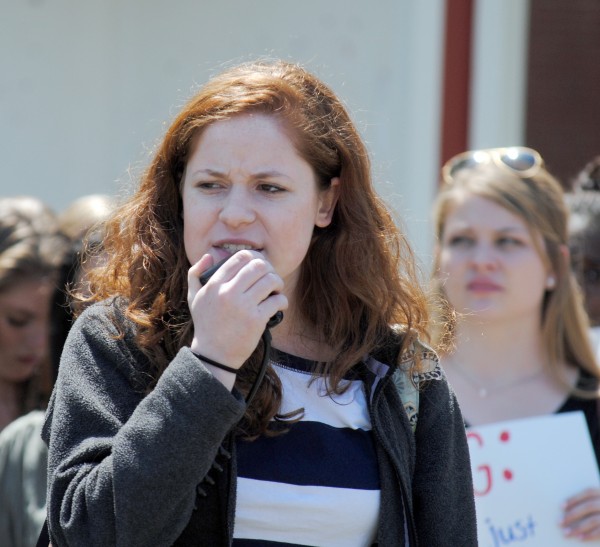
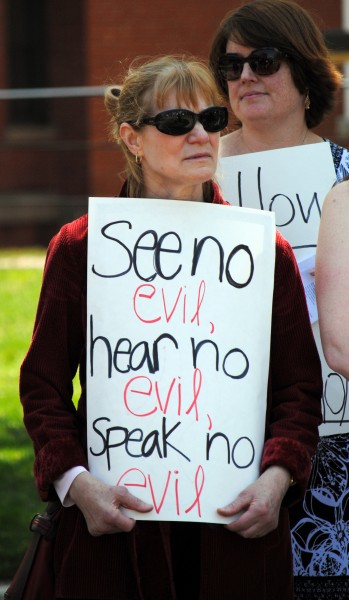
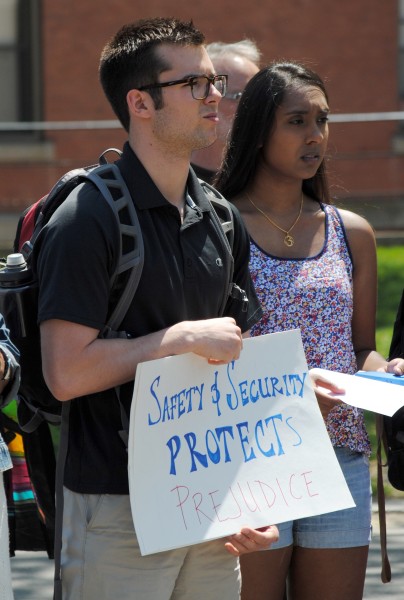
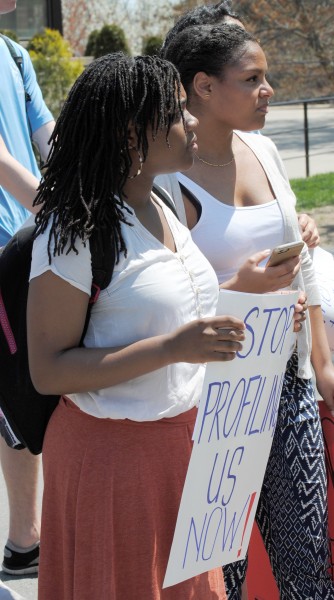
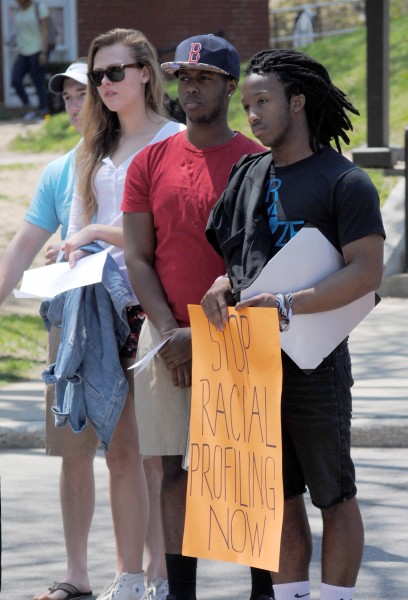
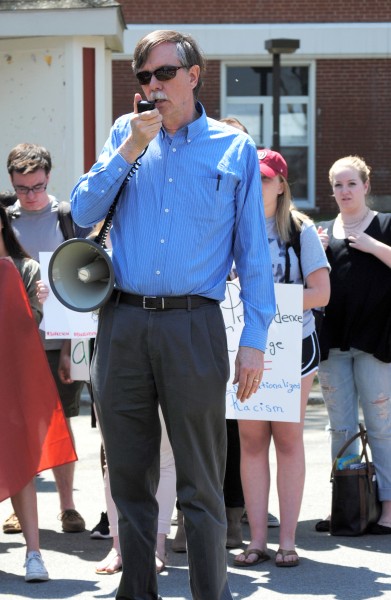

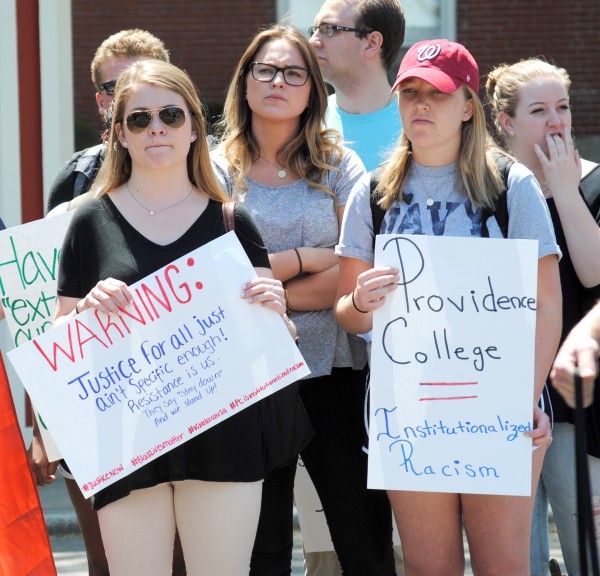
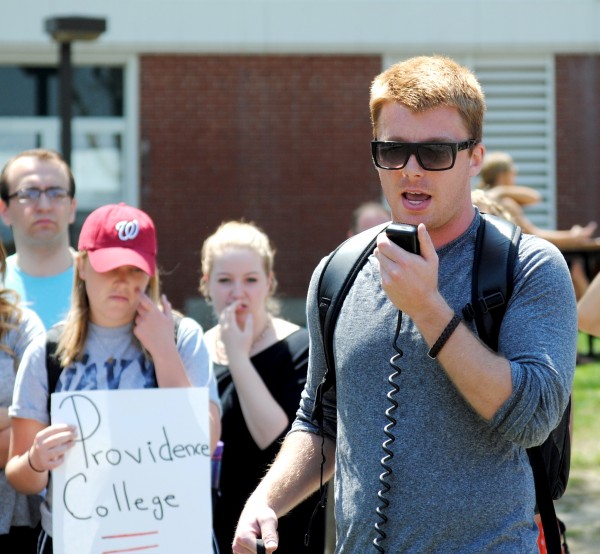
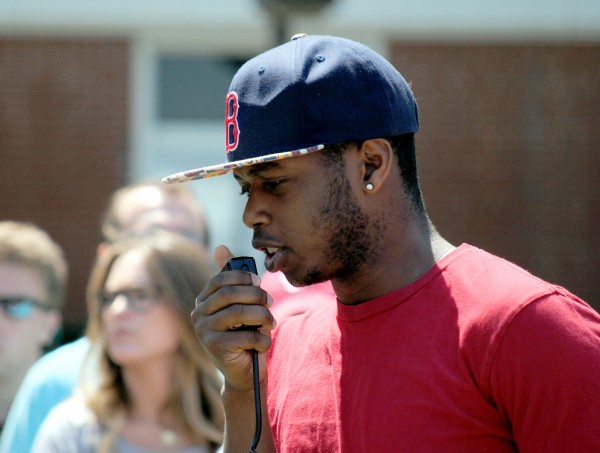
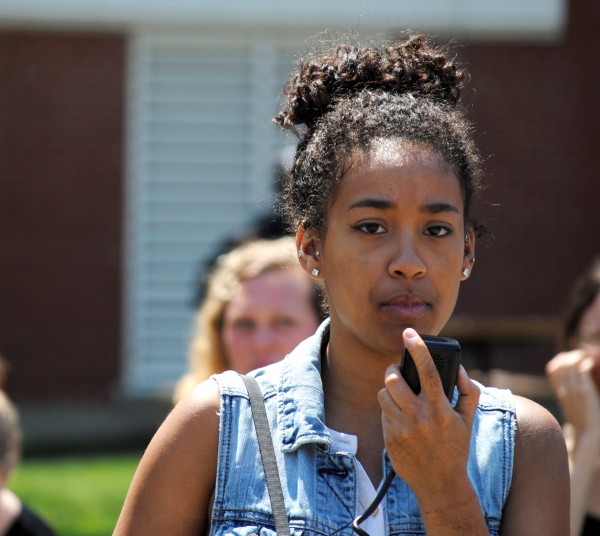
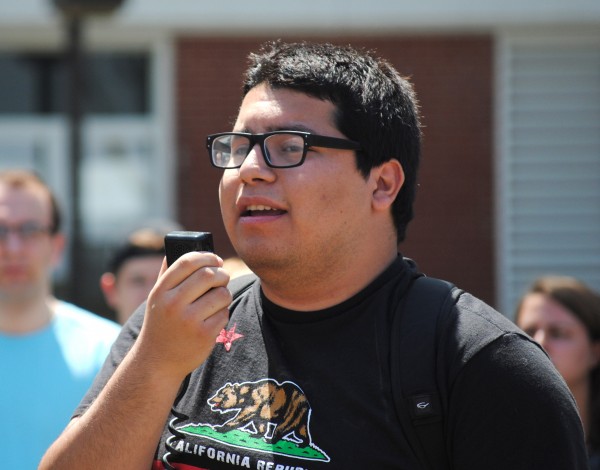
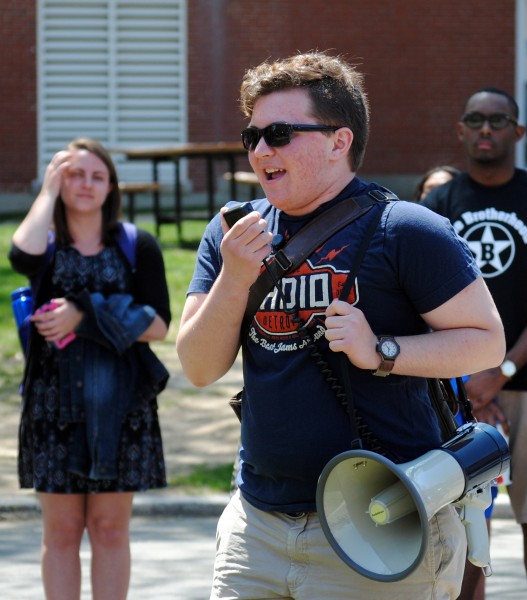


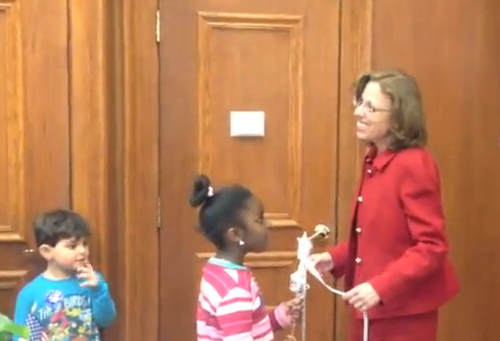

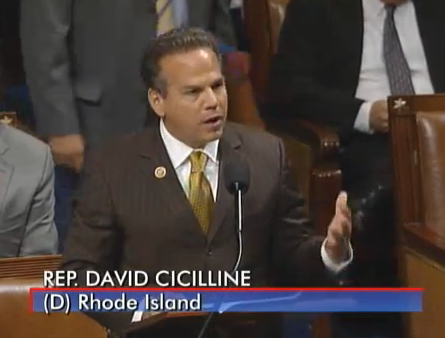
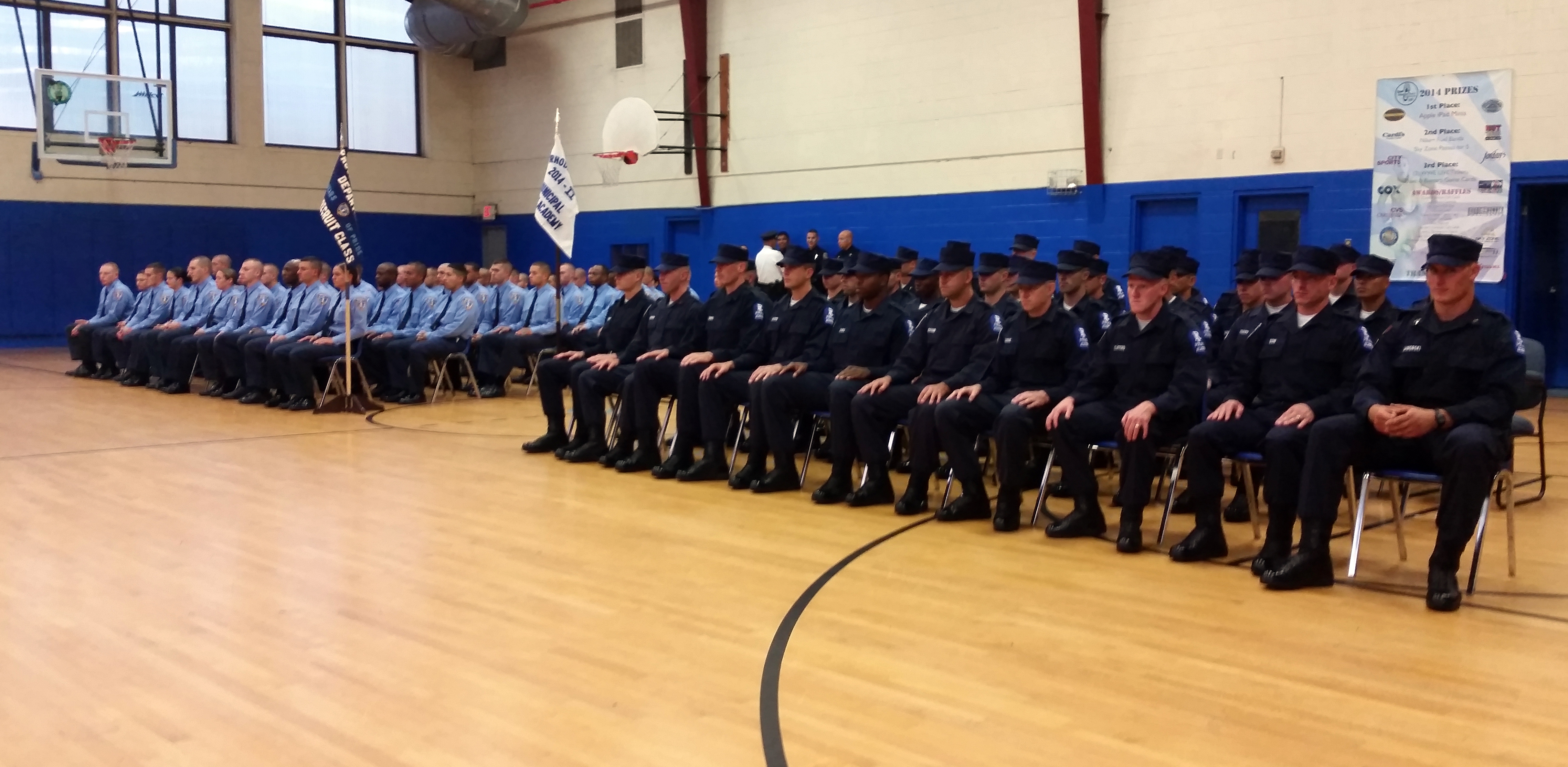
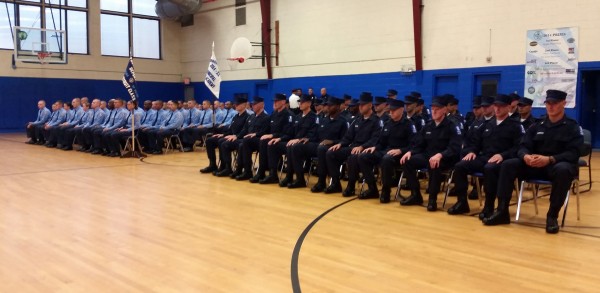 It can’t be easy to be a new police officer in the racially and politically charged post-Ferguson era, but yesterday 53 graduates of the Providence Police Training Academy begin their careers.
It can’t be easy to be a new police officer in the racially and politically charged post-Ferguson era, but yesterday 53 graduates of the Providence Police Training Academy begin their careers.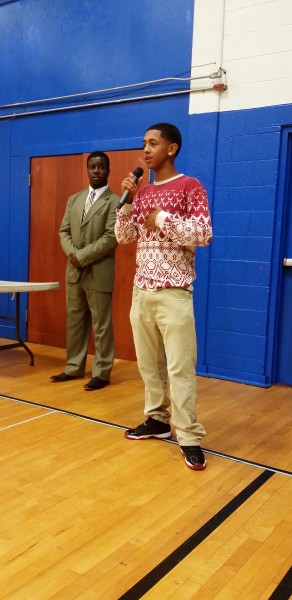 Kobi Dennis, organizer and “community guy” introduced the new police officers. “You are going to be on the street soon,” Dennis told the new recruits, then gesturing to the crowd behind him, added, “and these are the people you are going to be seeing.”
Kobi Dennis, organizer and “community guy” introduced the new police officers. “You are going to be on the street soon,” Dennis told the new recruits, then gesturing to the crowd behind him, added, “and these are the people you are going to be seeing.”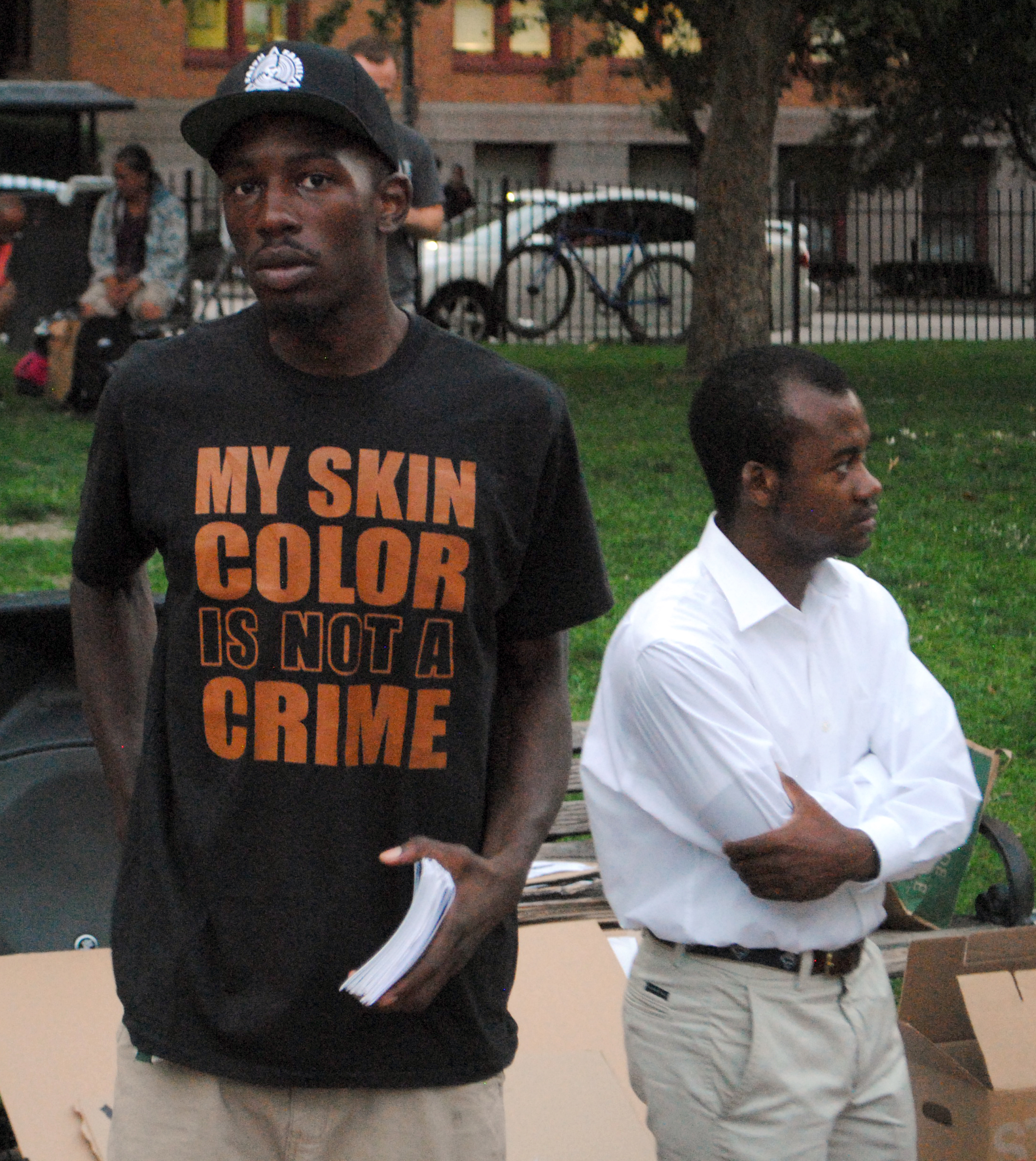
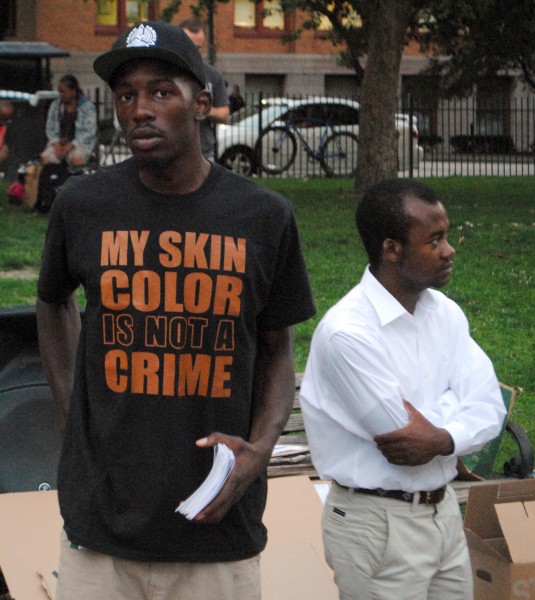
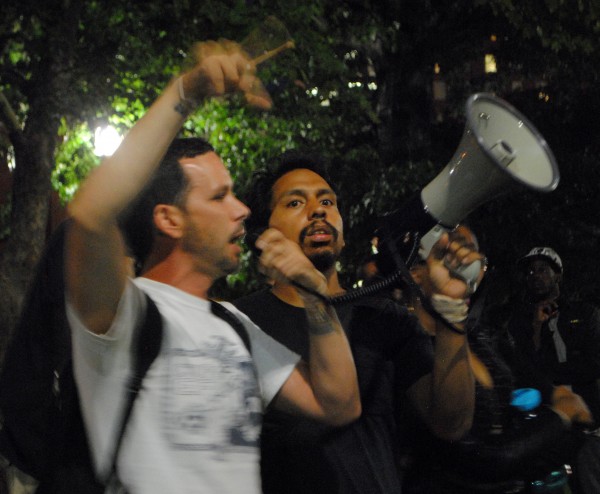 The event was billed as an event to “Demand justice for all victims of anti-black violence, state terror and police impunity.” Many of the over 120 people present, especially people of color, had stories to tell of being stopped by the police and being treated as criminals because they “fit the description. The event was held under the watchful eye of the Providence Police, who hovered at the edge of the park. Ironically, just as Alex, one of the event organizers, took the microphone to address the crowd, the police swooped in on the other side of the fountain to arrest a homeless man for reasons unknown.
The event was billed as an event to “Demand justice for all victims of anti-black violence, state terror and police impunity.” Many of the over 120 people present, especially people of color, had stories to tell of being stopped by the police and being treated as criminals because they “fit the description. The event was held under the watchful eye of the Providence Police, who hovered at the edge of the park. Ironically, just as Alex, one of the event organizers, took the microphone to address the crowd, the police swooped in on the other side of the fountain to arrest a homeless man for reasons unknown.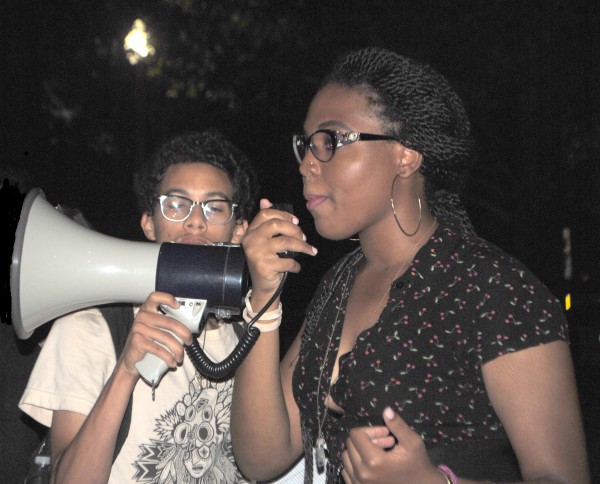 “I think it’s really important to understand that police violence, anti-blackness and white supremacy all plays out in our society in a variety of ways,” said Andrea, one of the organizers, “Some of this violence is actually physical violence that leads to death, that leads to imprisonment, etc., but some violence is not so physical. We can have emotional violence, we can have spiritual violence, and that’s constantly happening to us…”
“I think it’s really important to understand that police violence, anti-blackness and white supremacy all plays out in our society in a variety of ways,” said Andrea, one of the organizers, “Some of this violence is actually physical violence that leads to death, that leads to imprisonment, etc., but some violence is not so physical. We can have emotional violence, we can have spiritual violence, and that’s constantly happening to us…”